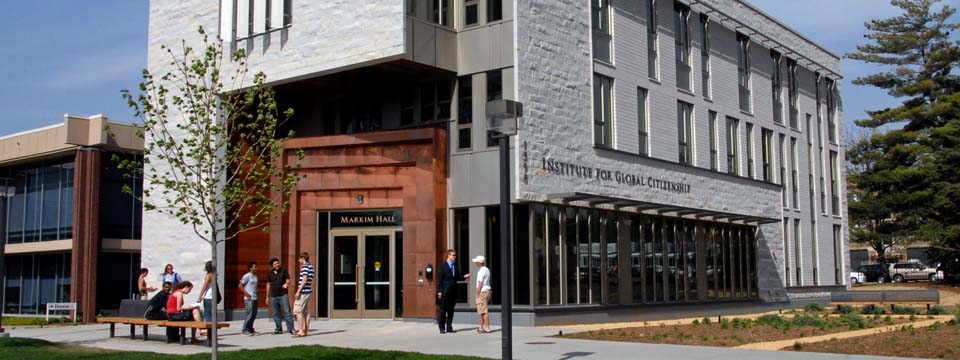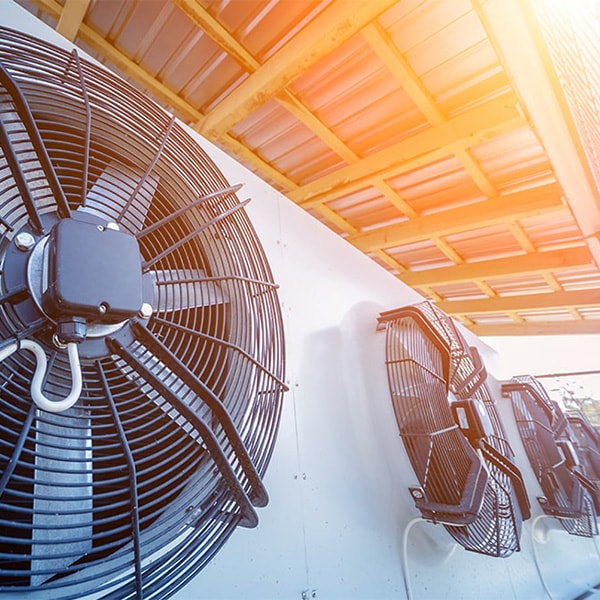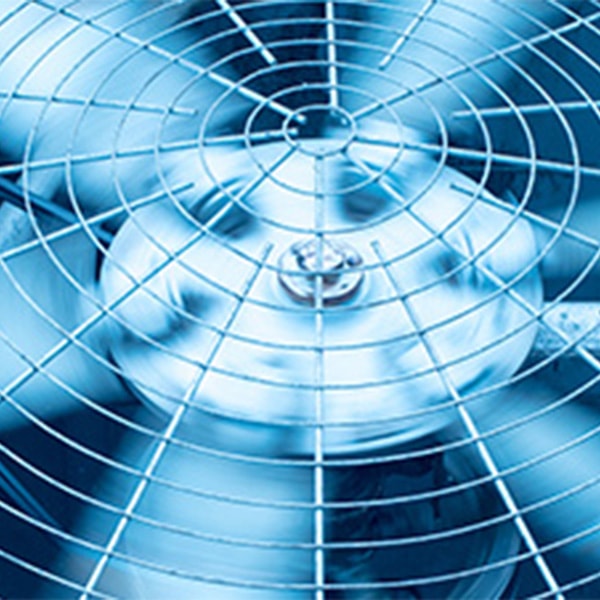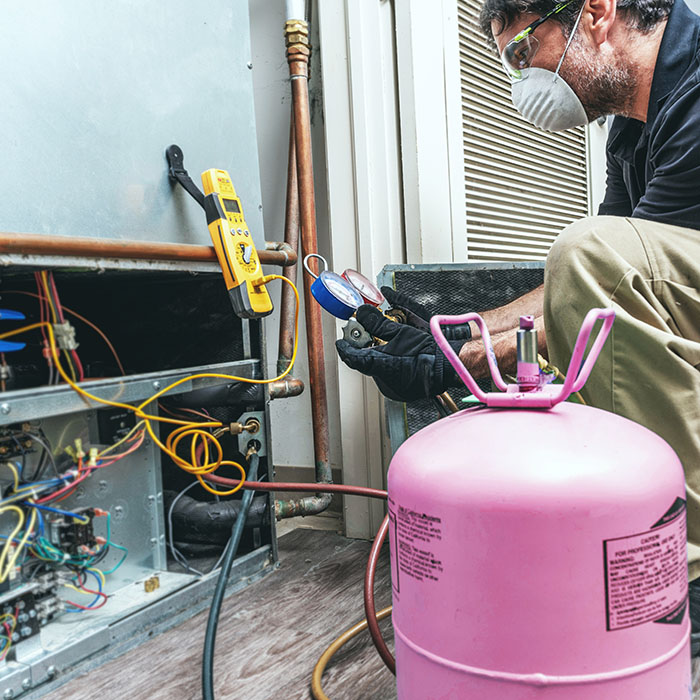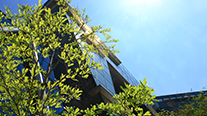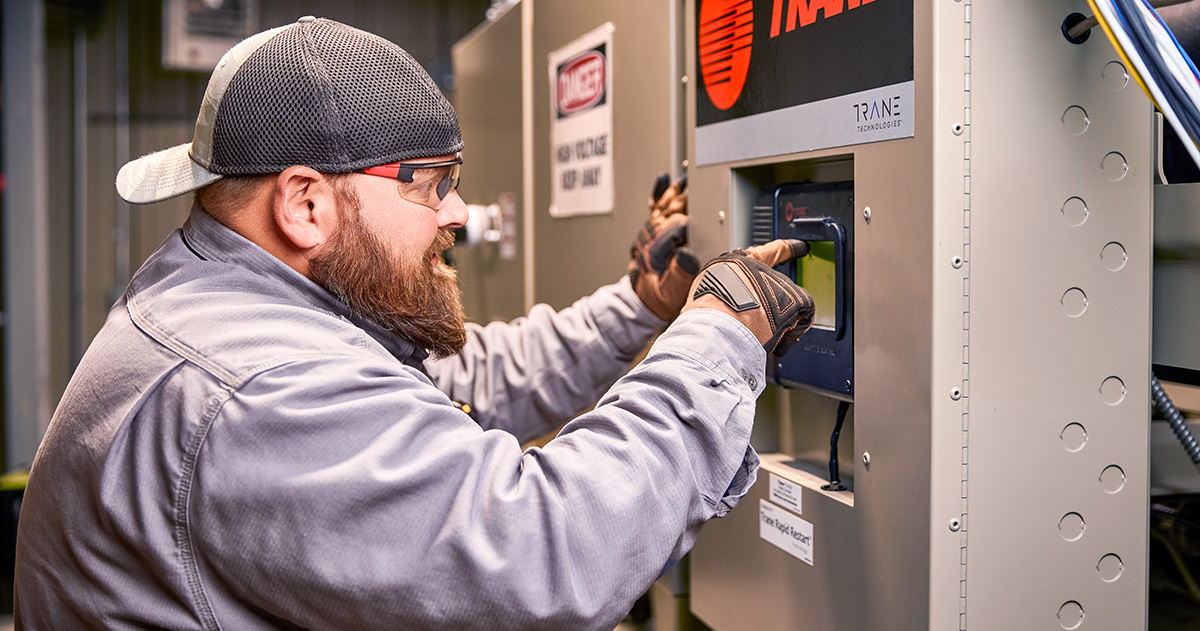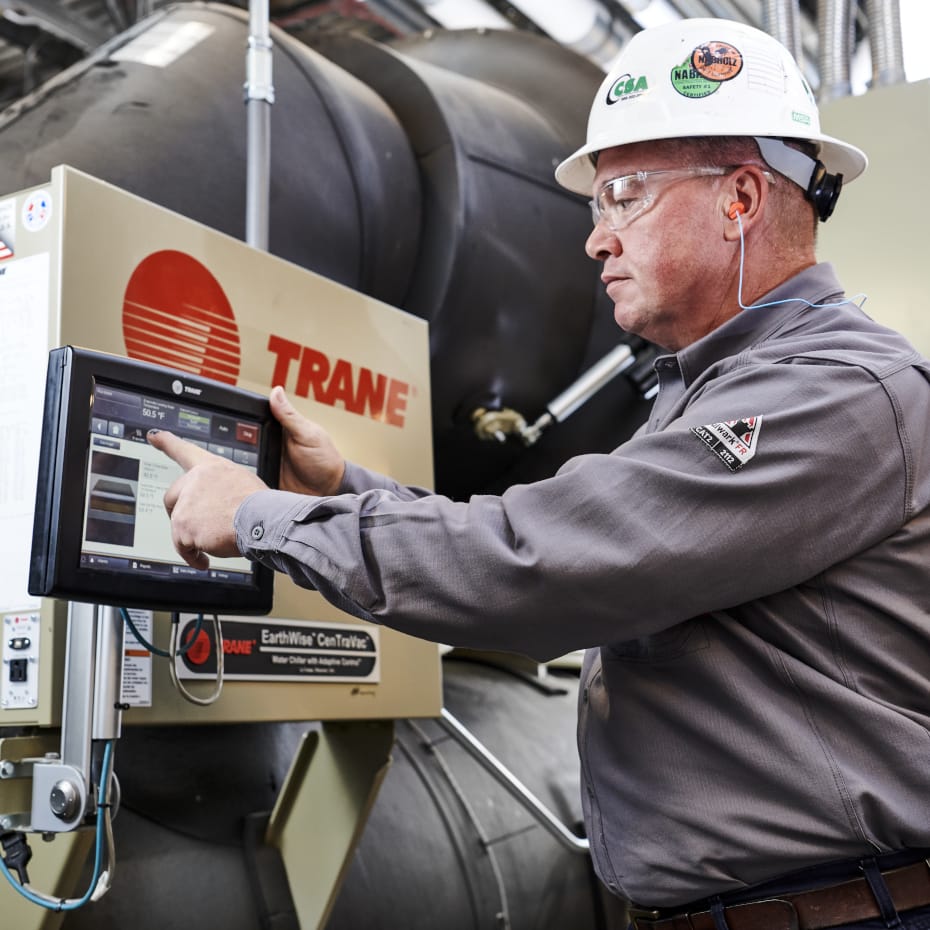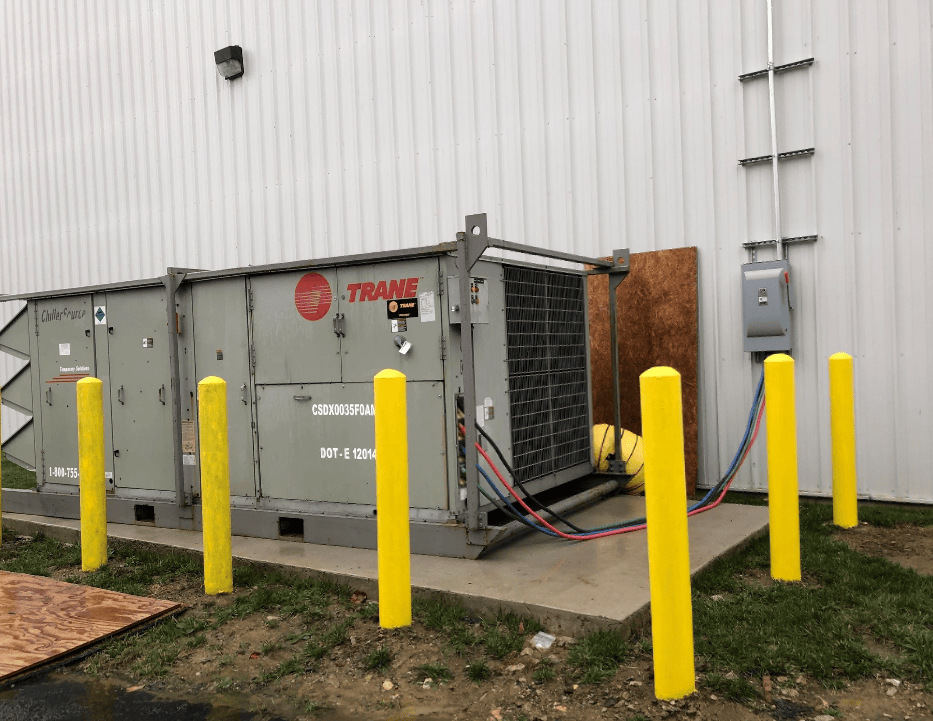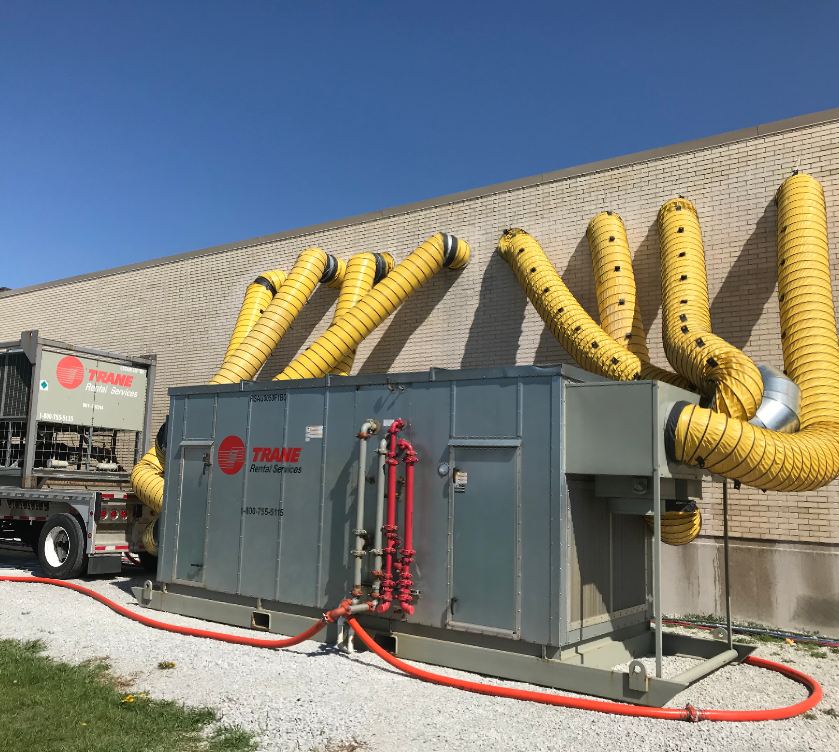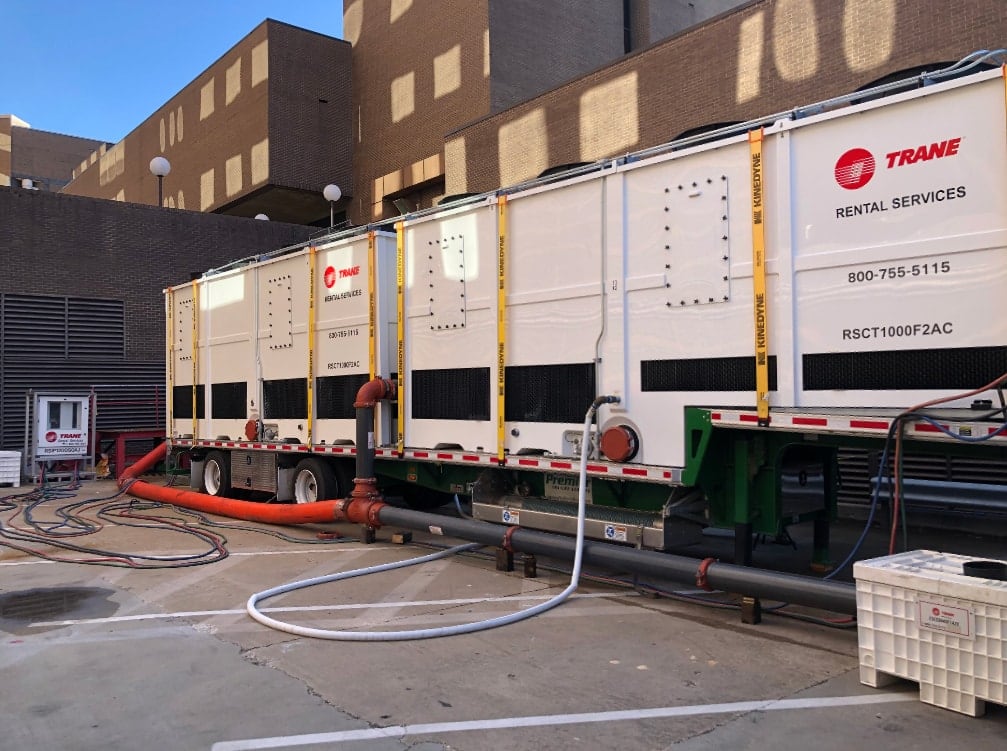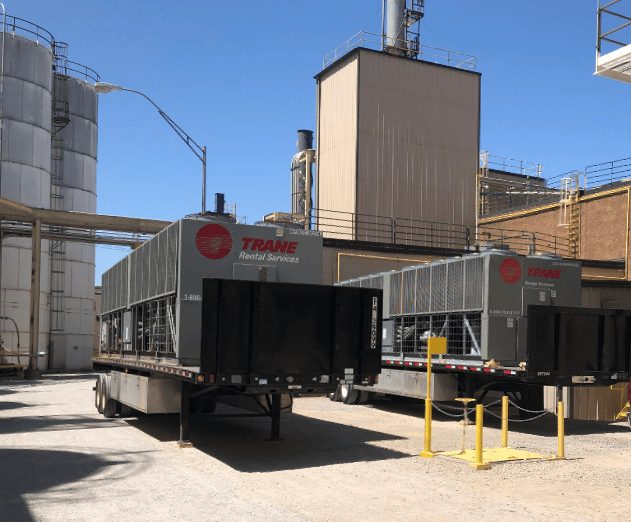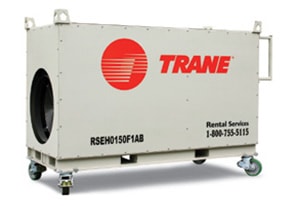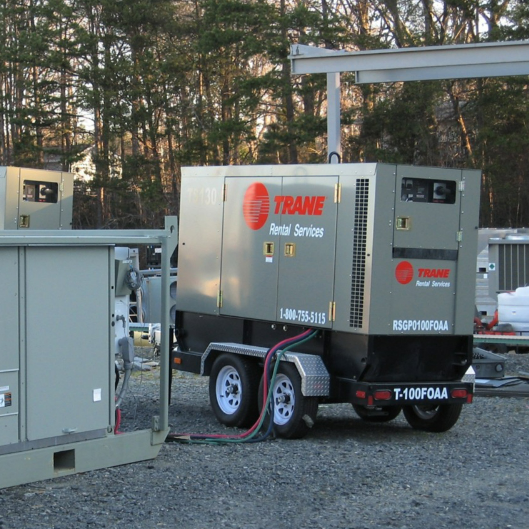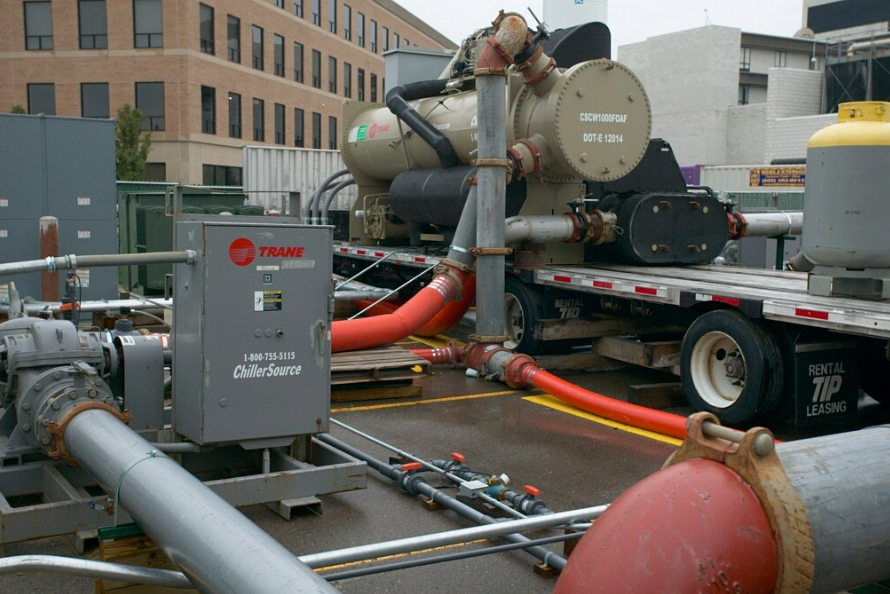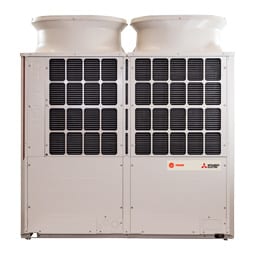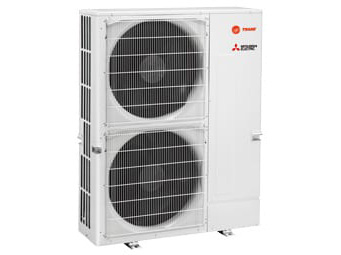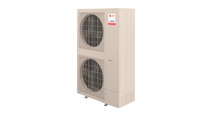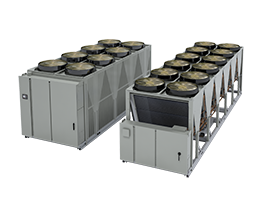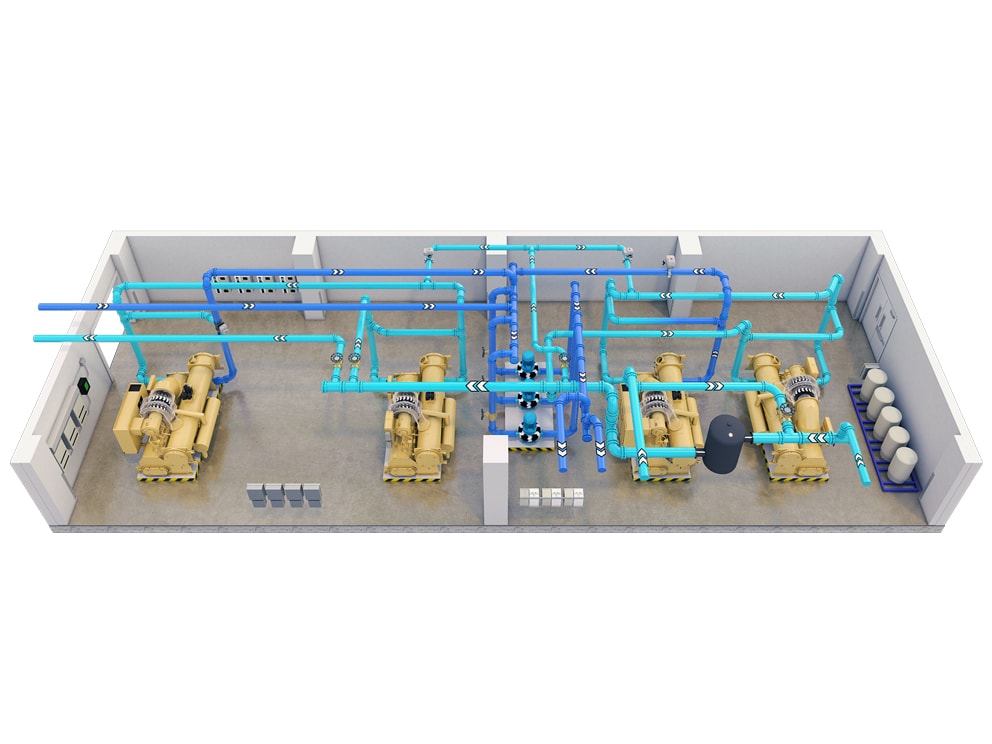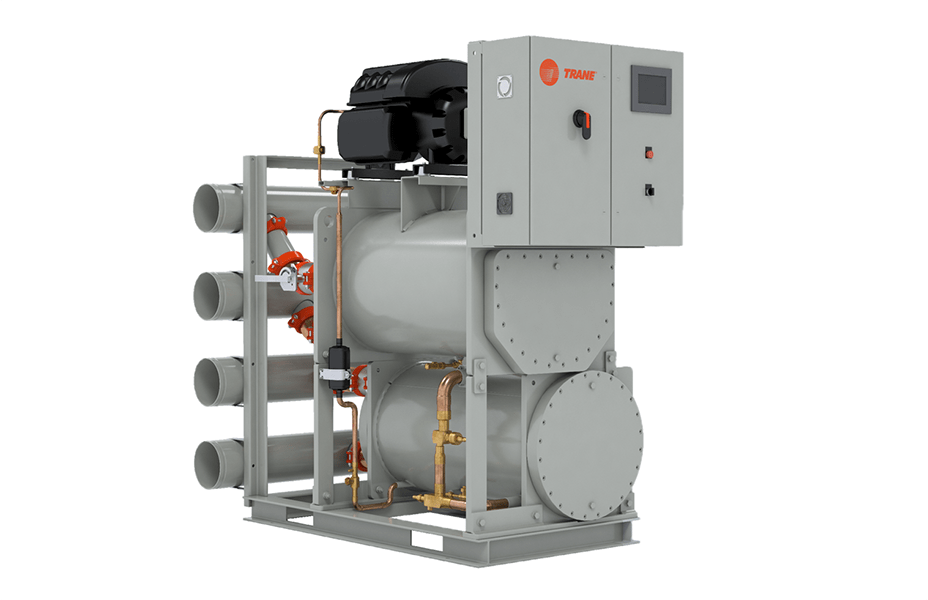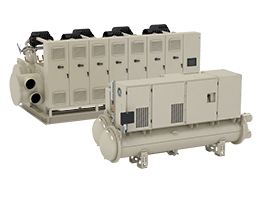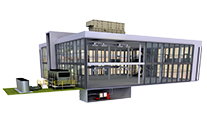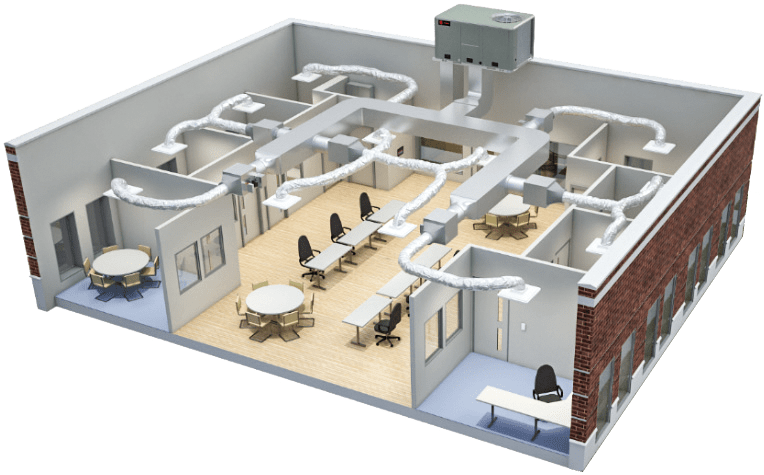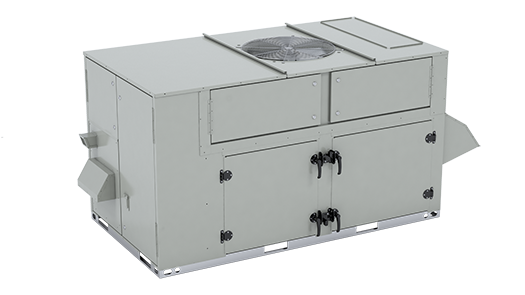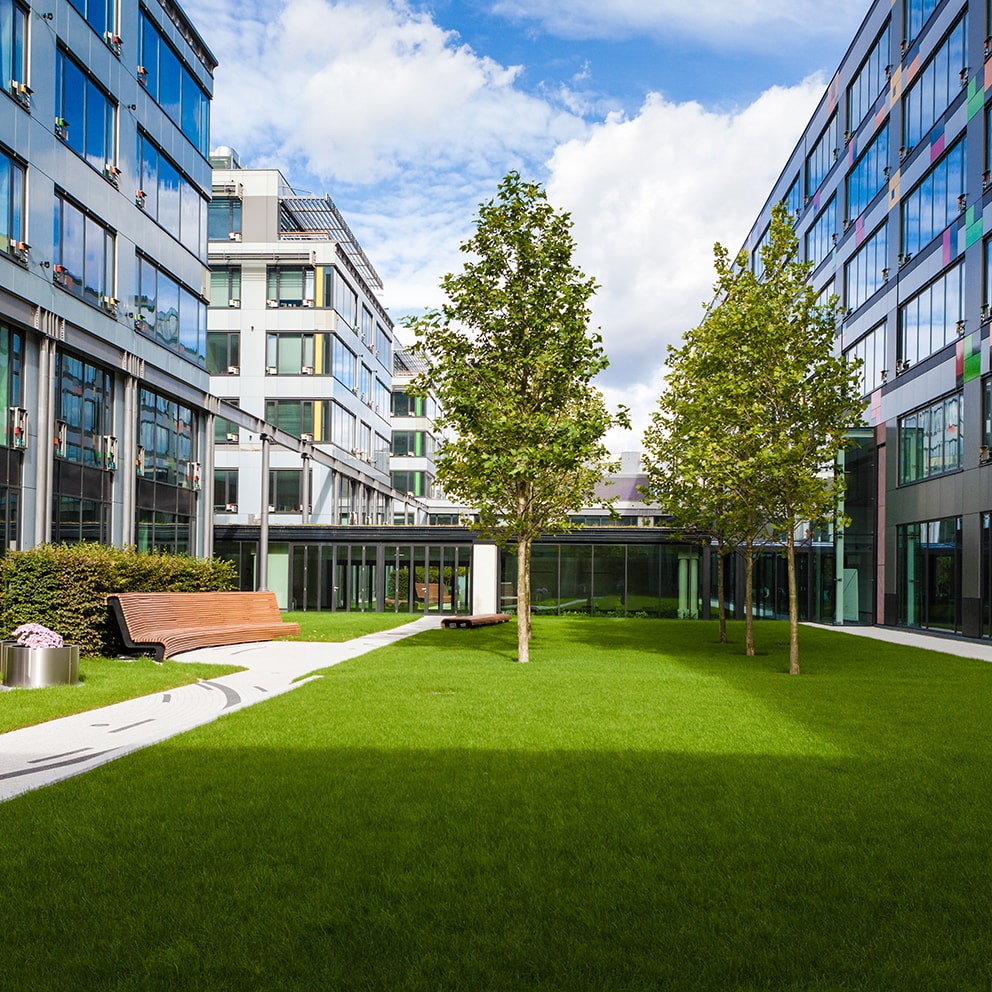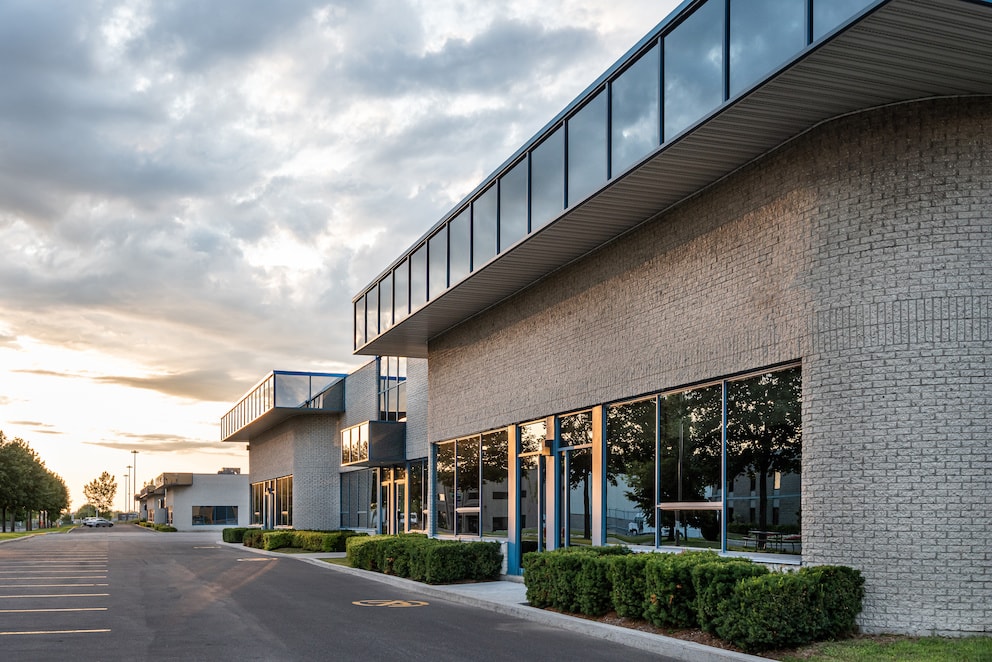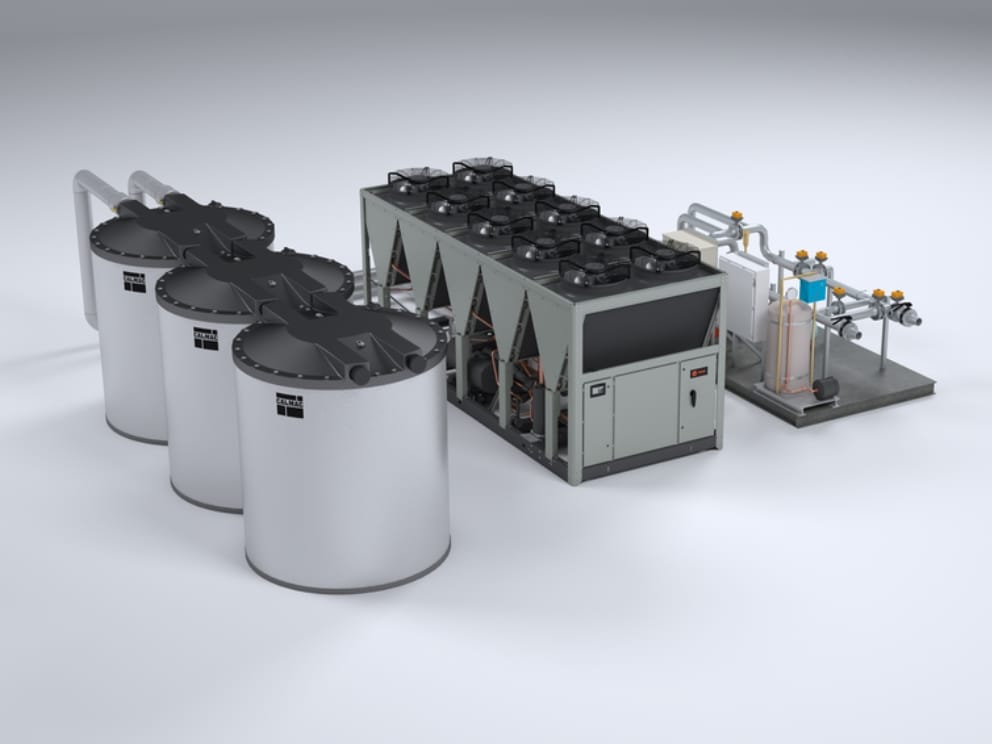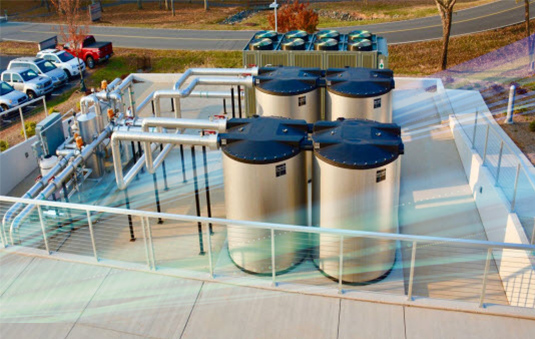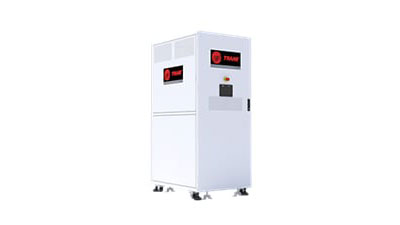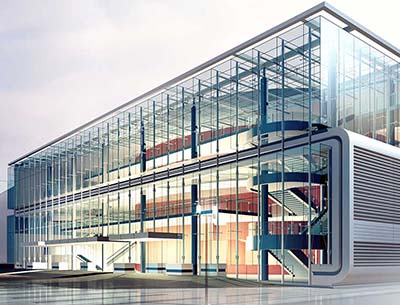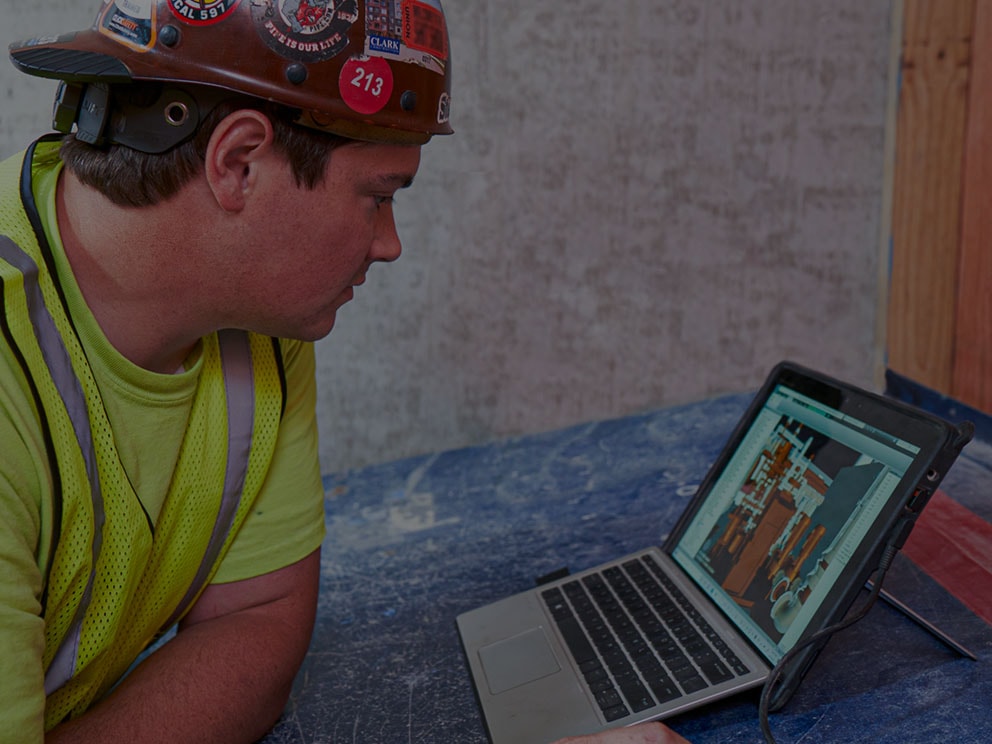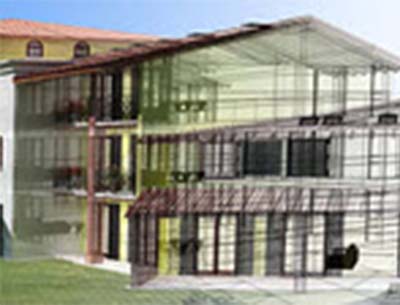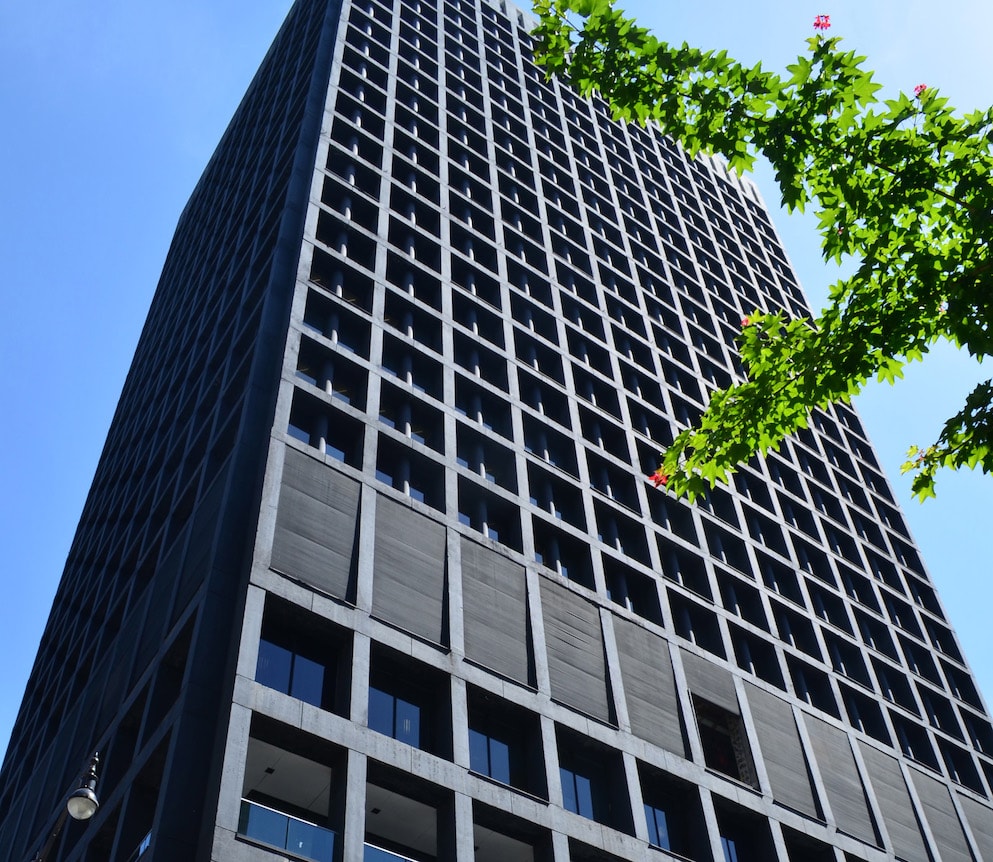Project Highlights
Location: Minnesota
Industry: Higher Education
Products Used: Controls, Chillers, Air Handling
Services Used: Energy Analysis & Monitoring, Energy Efficiency Contracting, Upgrading
Summary
Energy-efficient building strategies are helping Macalester College achieve its goal in fighting global climate change. For example, one of the buildings on the Macalester campus, Markim Hall, uses about 50 percent less energy than a typical college building in Minnesota, an exceptional performance considering that Minnesota summers can be very warm and winter temperatures can often drop to sub-zero levels. Trane has provided Macalester with a variety of green design concepts to help them achieve their environmental objectives.
Challenge
Macalester College recognizes the importance of a comfortable indoor environment in education. The college’s strategic plan to combat climate change includes: Achieve zero waste by 2020; achieve carbon neutrality by 2025; integrate sustainability into curriculum and student programs; adopt a "green building" policy to reduce emissions in construction and operations. Suzanne Savanick Hansen, Macalester College Sustainability Manager, said, "Energy efficiency is a key component in achieving sustainability. Making sure that our HVAC systems run as efficiently as possible is our most cost-effective strategy in reducing our environmental impact."
Solution
Macalester College and Trane have had a 20-year-plus relationship. Trane has provided not only sales and service, but also HVAC and control systems expertise. In addition to helping Macalester College create an excellent learning environment, Trane is helping the college achieve their strategic plan goals.
Results
A highlight of the college’s sustainability efforts is Markim Hall, home of the Institute for Global Citizenship. Markim Hall has earned LEED certification (Leadership in Energy Efficiency Design) -- the first such Minnesota facility to earn this certification. This $7.5 million, 17,000 square-foot facility includes IGC programs, faculty and staff offices, meeting rooms and an atrium used for campus events. Sustainability features address energy and water use, indoor air quality, green construction materials and furnishings, native landscaping and innovative storm water management. Markim Hall uses about 50 percent less energy than similar buildings in Minnesota. Real-time energy and water use data from Markim Hall is viewable on a touchscreen monitor in the lobby and via the Internet.
Chiller upgrade enhances comfort and learning
To improve indoor comfort and the learning environment across the campus, Macalester College upgraded the central chilled water plant. A Trane Tracer Summit™ building automation system provides effective, efficient chiller plant and campus temperature control. New Trane chillers are so efficient that the existing ice storage system is no longer needed. The college avoided significant maintenance and repair costs with this upgrade. Macalester College’s experienced facilities management staff, with their long-term relationship, training and service assistance from Trane, is maintaining the new systems at peak operating conditions.
Energy efficiency key to climate neutrality
Suzanne Savanick Hansen, Ph.D., Sustainability Manager at Macalester College, said, "Energy efficiency is a key component in achieving our sustainability goal of climate neutrality by 2025. Because heat and electricity from buildings make up two thirds of our greenhouse gas emissions, efficient HVAC systems are crucial. Focusing on building energy efficiency is by far our most cost-effective strategy for reducing greenhouse gas emissions."
About Macalester College
Founded in 1874, Macalester College has nearly 2,000 students and is known for academic excellence.
